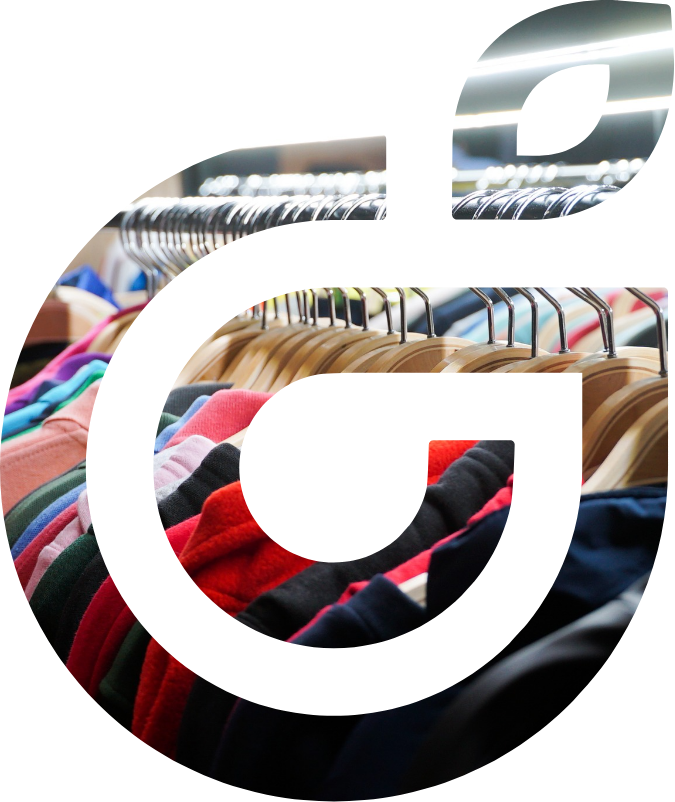Artwork Guidelines
To ensure we provide our services to the highest standard, please check out our list of artwork guidelines below.
If you are unsure about any aspect of your artwork, or you can't find what you are looking for within these guidelines, please email artwork@thefunkypeach.com or call us on 01202 722333 for any help/advice.
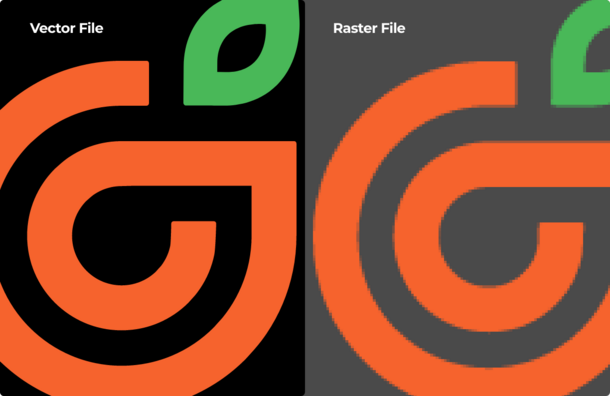
Vector AI files and EPS files
- Embroidery
For all areas of The Funky Peach, AI files & EPS (vector) files are the preferred file type we recommend. distinguishing between vector and other file formats is very simple. Zoom in on the visual, if there are no rough/pixelated edges and the image remains crisp and clear, that is very likely to be a vector. Zooming in on a bitmap will result in pixilation and blocky edges.
Avoid resaving a Bitmap file as a Vector file (AI, EPS, SVG, PDF), as the visual itself will still remain as a bitmap, and may still require a redraw. Don't worry if you cannot provide an AI or EPS file, we can provide a full logo redraw service, just click here.
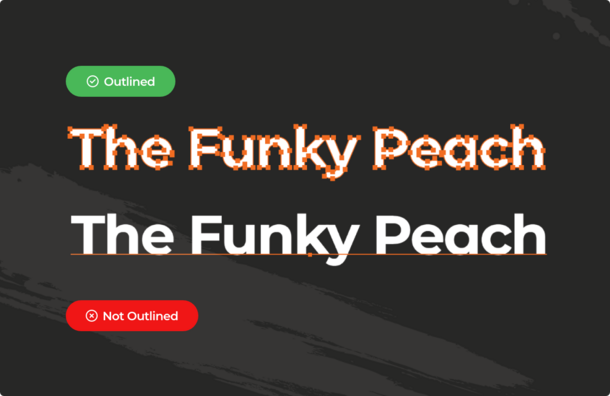
Converting fonts to paths
- Embroidery
We require all provided AI & EPS (vector) files to be provided with fonts converted to outlines (or converted to curves depending on your software). Not outlining fonts could result in missing text in your design, or a different font being automatically selected. To quickly identify if your font is outlined, you shouldn't be able to add text or retype the text within your design.
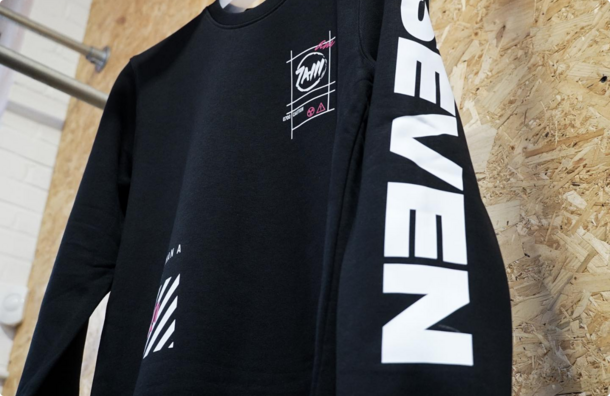
Files we accept
- Embroidery
Embroidery
For our embroidery decoration method, we accept all file types (AI, EPS, PDF, JPG, PNG, TIF, BMP). As a general guideline, as long as the image is clearly visible, we can digitize it. Since this involves particular software, initial customers are required to have their logos digitised (converted into stitches) for a fee of £20 + VAT. This service is a one-time requirement, and we will retain all the appropriate files in our system for any future reorders.
Heat Transfer Printing (Vinyl Print & DTF)
For our Heat Transfer Printing process (DTF & Vinyl Print), we require a Vector file (AI, EPS, SVG, PDF). If your design was created in photoshop or similar software, we would need to inspect the file type to ensure it would not incur a Logo Redraw fee.
DTG (Direct to-Garment)
For this process, a Vector file (AI, EPS, SVG, PDF) would be preferred. Additionally, a PNG of size equal to or larger than the intended print size, with a minimum of 300dpi resolution and a transparent background, is acceptable. Providing source files is highly recommended to guarantee the highest possible print quality.
Screen Print
For screen printing, we require files in Vector format (AI, EPS, SVG, PDF). Additionally, we kindly ask customers to supply the logo in the Pantone colours they require, or provide us with the Pantone values. Providing source files and Pantone colour specifications will help ensure the best print outcome.
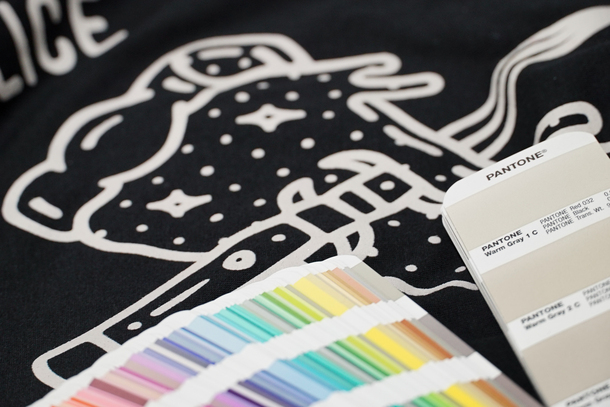
Colour Profiles
- Embroidery
Heat Transfer Printing (Vinyl Print & DTF)
For this printing process, it's essential that artwork is supplied in the CMYK format, which is, without delving too much into technical details, the most popular colour profile across most printing methods, including our full-colour vinyl and DTF (Direct To Film) printing processes. Providing your artwork in the correct colour profile is strongly advised to ensure your colours are as accurate as possible. In cases where providing these profiles is not possible, we can perform manual conversions. However, for optimal results, we strongly advise providing the colour values with us.
DTG - (Direct-to-Garment)
DTG (Direct-to-Garment) printing typically uses the RGB colour profile for artwork preparation. RGB is more commonly used in digital formats and is compatible with the nature of DTG printing, which involves directly applying ink onto fabric. Keep in mind that DTG printers can produce a wide range of colours, but there might still be limitations compared to digital screens. Certain very bright or neon colours might not translate exactly as expected. Artwork should be provided in RGB format for this process, or RGB values should be provided for the most accurate results.
Embroidery
Embroidering your logo involves the careful selection of pre-coloured threads from our extensive stock. We offer a vast array of colours and select the closest match to the logo you provide. We determine these by matching a provided Pantone colour or by selecting the closest possible match using our expert judgment. If you have any concerns about colour matching, we are more than happy for you to see our thread range in-store. Additionally, we can provide a stitch-out sample before initiating the actual job to ensure your satisfaction.
Screen Print
Our Screen Print process is printed using Pantone matched inks. Pantone is simply the standardized language for colour communication, bridging the gap from designers to manufacturers, retailers, and customers. Much like our colour selection process for Embroidery, we utilize a Pantone Chart to identify the nearest match to the Pantone value you provide us with. In the event that you do not have a Pantone value for your logo/design, our in house software identifies the closest Pantone match based on the colours you provide.


